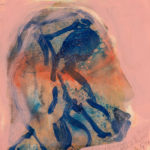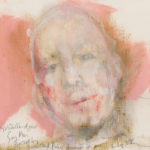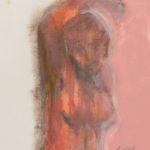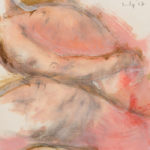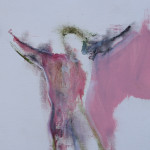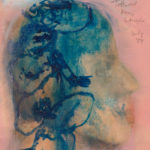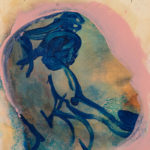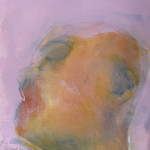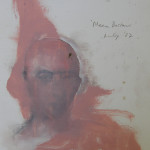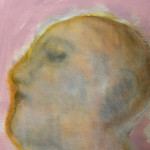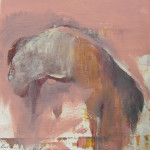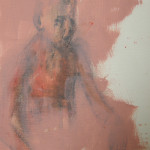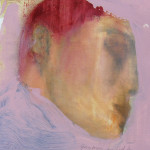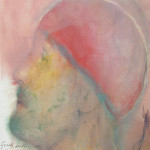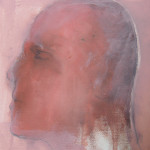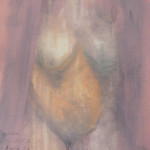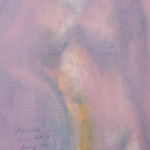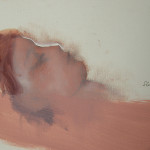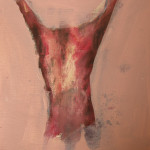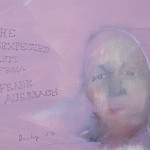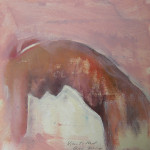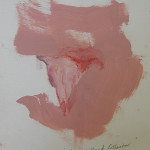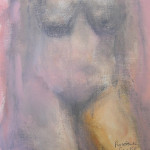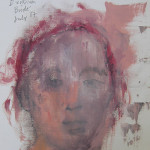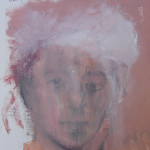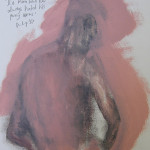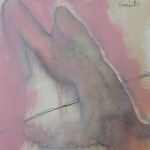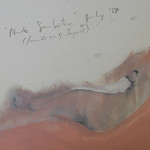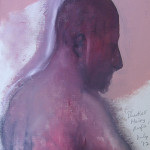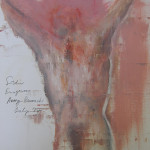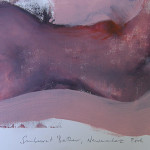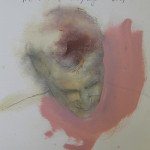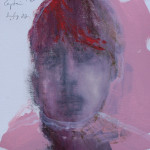- 1987
- 1987
- 1987
- 1987
- 1987 oil and charcoal on oil sketch paper 30 x 25
- 1987
- 1987
- 1987, oil and charcoal on oil sketch paper, 32 x 26cm
- 1987 oil and charcoal on oil sketch paper, unframed, 29 x 25cm
- 1987, oil and charcoal on oil sketch paper, 30 x 25cm
- 1987, oil and charcoal on oil sketch paper, 25 x 29cm
- 1987, oil and charcoal on oil sketch paper, 30 x 25cm
- 1987, oil and charcoal on oil sketch paper, 32 x 26cm
- 1987, oil and charcoal on oil sketch paper, 32 x 26cm
- 1987, oil and charcoal on oil sketch paper, 32 x 26cm
- 1987, oil and charcoal on oil sketch paper, 32 x 26cm
- 1987, oil and charcoal on oil sketch paper, 32 x 26cm
- 1987, oil and charcoal on oil sketch paper, 22 x 33cm
- 1987, oil and charcoal on oil sketch paper, 32 x 26cm,
- 1987, oil and charcoal on oil sketch paper, 32 x 25cm
- 1987, oil and charcoal on oil sketch paper, 29 x 26cm
- 1987 oil and charcoal on oil sketch paper, 29 x 23cm
- 1987 oil and charcoal on oil sketch paper, 28 x 25cm
- 1987 oil and charcoal on oil sketch paper, 30 x 25cm
- 1987 oil and charcoal on oil sketch paper, unframed, 30 x 25cm
- 1987 oil and charcoal on oil sketch paper, unframed, 30 x 25cm
- 1987 oil and charcoal on oil sketch paper, 30 x 25cm
- 1987 oil and charcoal on oil sketch paper, unframed, 33 x 20cm
- 1987 oil and charcoal on oil sketch paper, unframed, 34 x 25cm
- 1987 oil and charcoal on oil sketch paper, unframed, 30 x 25cm
- 1987 oil and charcoal on oil sketch paper, unframed, 22 x 33cm
- 1987 oil and charcoal on oil sketch paper unframed 30 x 25cm
- 1987 oil and charcoal on oil sketch paper 30 x 25cm
Set price: $32,000
“Duly noted by a handful of artists, a precursor to much of the political art which followed in Queensland in the 1990’s.” – Michael Richards
“Richard Dunlop’s Village People series documents Spring Hill in 1987, a time when it was a low-income suburb where he worked, populated by prostitutes living in ramshackle wooden houses. As a teacher, he would regularly check the playground for drunks and the homeless. It would not be unusual to find gay men bashed looking like roadkill to him. He used to offer to call the police but more often than not, it was the police who did the bashing with impunity from the law. Many of the works are painted from memory, depicting the people he encountered directly or close by. They are sketches that seem to be etched into the oil on the paper and in their flatness are documents of the powerless immersed in their endurance of pain or people immersed in life.” – Kevin Wilson, Curator, QUT 2018
“Among other characteristics, Brisbane in the late 1980’s is a city in which Police relish bashing and tormenting gays, while “illegal” prostitution and gambling is overseen by corrupt Police and the State government. Although not by nature dogmatic, gay, a client of prostitutes or gambling, or awe-struck at all by anything less than clearly rational authority, the unfolding role of the State in relation to the individual unfolding affected me. This prompted a series of small paintings of Brisbane Village People and what is likely to become a lifelong interest in painting people (especially tattooed people who choose to declare their identity with permanent marks), but I also have an interest in depictions of interior and exterior landscapes, hybridised with the concerns of other painters, some from other centuries.” – Richard Dunlop, 1988
“I think all good painting looks as though the painting has escaped from the thicket of prepared positions and has entered some sort of freedom where it exists on its own, and by its own laws, and inexplicably has got free of all possible explanations.” – Frank Auerbach 1988
